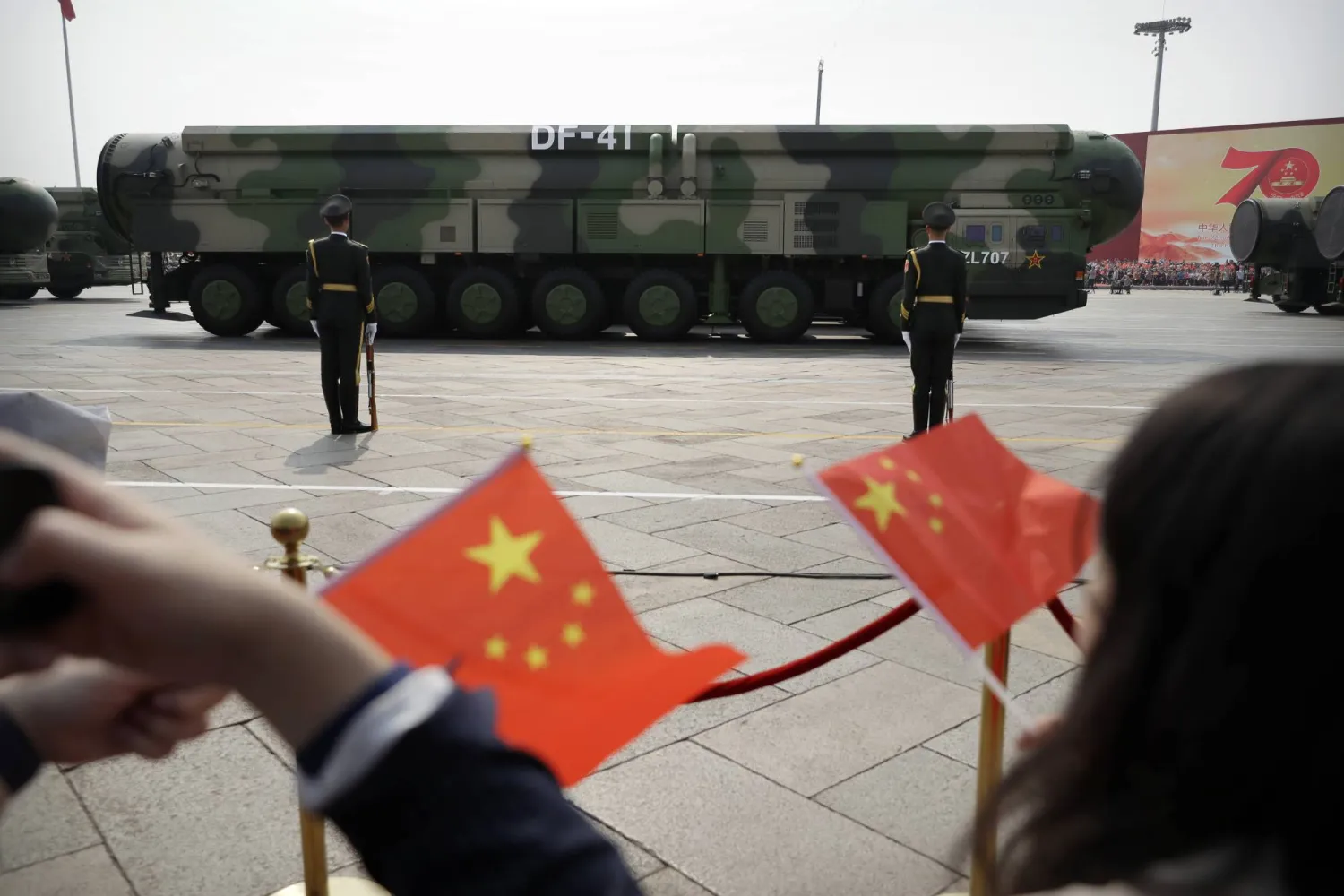Taiwan's defense ministry raised the alarm on Thursday about a renewed surge of Chinese military activity around the island and live fire drills, accusing Beijing of policy instability that presented a serious challenge to its neighbors.
Democratically governed Taiwan, which Beijing views as its own territory, has complained of stepped-up Chinese military activity over the past five years. Taiwan's government rejects China's sovereignty claims, Reuters says.
On Thursday, the defense ministry said it had detected a second day of large-scale Chinese military activities nearby, with 29 aircraft engaged in a "joint combat readiness patrol" with Chinese warships.
The day before it warned of 43 Chinese military aircraft operating around the island.
Of these 23 flew to the south of Taiwan through the Bashi Channel separating it from the Philippines and then up along Taiwan's east coast, a ministry map showed, although without entering territorial air space.
Pointing to a visit from Sept. 18 to 20 by the chief of China's southern military command to the US military in Hawaii, the ministry said that at the same time China carried out "multiple waves of live-fire attacks" in drills in the Yellow and Bohai seas near the Korean peninsula and Japan.
China is doing all it can to build up its military while creating the illusion of dialogue, the ministry added.
The effort "highlights the hegemonic nature of an authoritarian regime that lacks policy stability, posing a serious challenge to neighboring countries", it added.
China's defense ministry has not commented on the recent maneuvers around Taiwan and did not respond to a request for comment from Reuters.
A security source familiar with the situation, speaking on condition of anonymity as the matter is a sensitive one, told Reuters Wednesday's flights were part of annual Chinese drills.
The People's Liberation Army was conducting simulated attacks in the Taiwan Strait and the South China Sea, meant to practice access denial to "stop foreign assistance" in the event of conflict in the region, the source added.
The Chinese air force also held drills to seize "air dominance" in waters off Taiwan's southwestern coast and practiced air refueling around the Bashi Channel, the source said.
This week China also said it successfully held a rare launch of an intercontinental ballistic missile into the Pacific Ocean.
"China has been carrying out a variety of military exercises in the region recently, which threatens the status quo of peace," Taiwan's presidential office said, urging its neighbor to exercise self-restraint.
Tension around Taiwan has been a persistent source of concern for the United States and its allies, which have been sailing warships through the Taiwan Strait to assert freedom of navigation rights.
Vessels from New Zealand and Australia had sailed through the Strait on Wednesday, New Zealand Defense Minister Judith Collins said.
China last staged full-fledged war games around Taiwan in late May, shortly after the new president, Lai Ching-te, took office. Beijing detests him, calling him a "separatist".
Lai says only Taiwan's people can decide their future and has repeatedly offered talks with Beijing only to be rebuffed.









